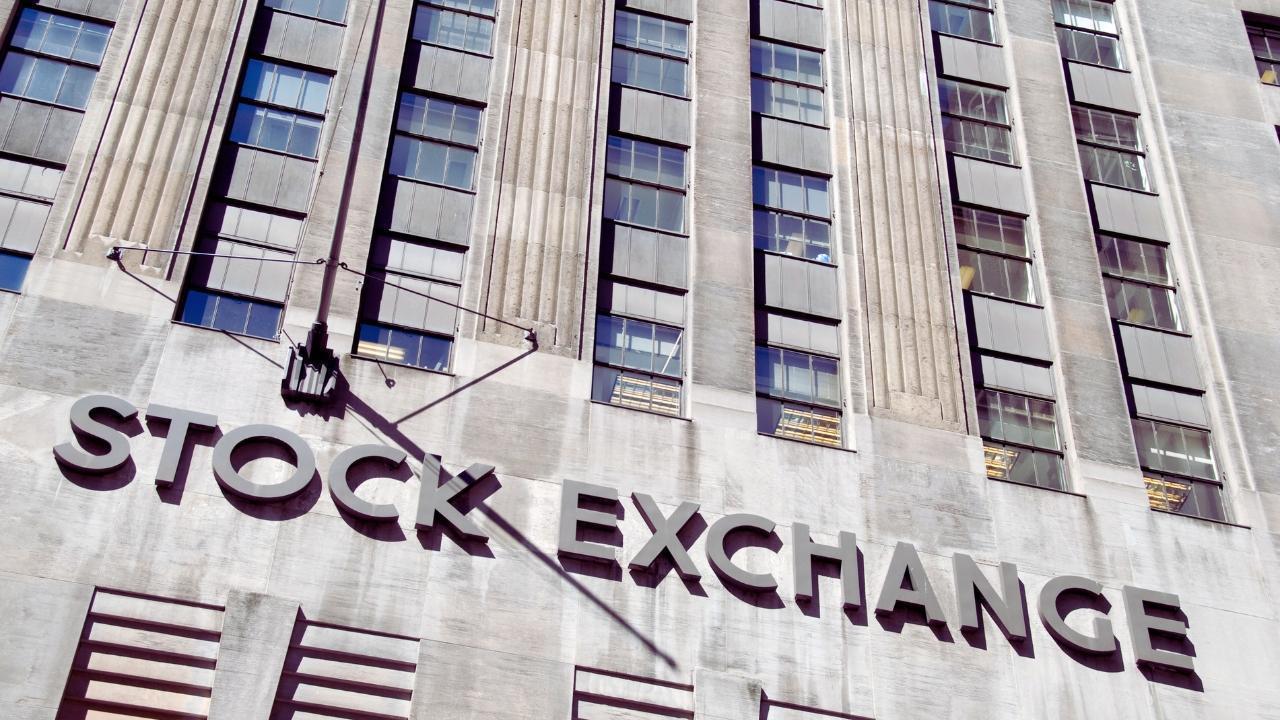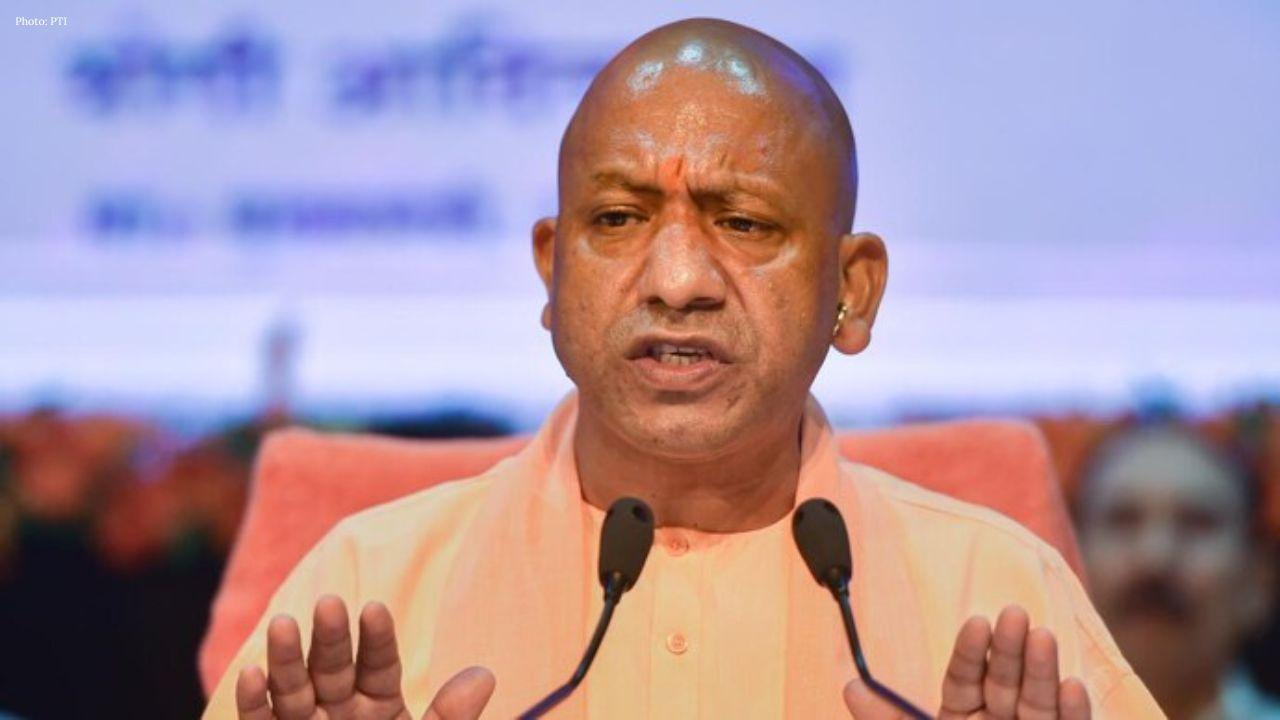You have not yet added any article to your bookmarks!

Join 10k+ people to get notified about new posts, news and tips.
Do not worry we don't spam!

Post by : Anis Farhan
In a surprising twist to a volatile year, stock exchanges across Southeast Asia have surged in recent weeks, buoyed by a strong recovery in technology stocks and a return of foreign investment. The rally has been especially prominent in Singapore, Malaysia, and Indonesia, with key indices posting multi-week highs. This comeback is signaling renewed investor confidence in the region’s economic resilience and growth potential—despite lingering global uncertainties.
At the heart of this rally lies the tech sector, which is experiencing a robust rebound thanks to global demand for AI infrastructure, semiconductors, and digital services. Singapore’s tech-heavy stocks, including semiconductors and data infrastructure players, have driven the Straits Times Index to outperform regional peers. Similarly, Malaysia’s technology index saw gains of over 9% in June, with companies involved in chip testing and packaging leading the charge.
Indonesia's tech unicorns like GoTo and Bukalapak also witnessed double-digit growth, supported by better-than-expected earnings and market optimism around digital payments and e-commerce penetration.
One of the key catalysts for the current momentum is the easing of inflationary pressures across the region. Headline inflation in Thailand, Malaysia, and the Philippines has cooled, prompting central banks to maintain dovish policy stances. Lower inflation means improved purchasing power and reduced pressure on profit margins—two factors that investors find highly attractive.
Foreign institutional investors, who had previously pulled out capital due to global tightening cycles, are now returning. June alone saw over $1.2 billion in net foreign inflows into ASEAN equities, led by Singapore and Indonesia. Currency stability and strong earnings guidance for Q3 are adding to the bullish sentiment.
Apart from economic fundamentals, political and regulatory stability across ASEAN is playing a role in bolstering market confidence. In Indonesia, President Joko Widodo’s clear policy stance on downstream industries and digital infrastructure has reassured investors. In Malaysia, the government’s fiscal roadmap and commitment to tech-led growth under its Madani Economy framework are supporting equity valuations.
Meanwhile, Singapore continues to benefit from its status as a regional financial hub, attracting capital as a safe haven amid global geopolitical volatility.
Beyond the tech sector, green energy and financial services are also participating in the rally. In Thailand, renewable energy firms saw a 15% uptick following regulatory incentives for solar and wind projects. In the Philippines, digital banking stocks are gaining traction due to rising fintech adoption.
Vietnam's stock market, while slightly lagging, is also showing signs of life as government stimulus efforts for manufacturing and export recovery begin to bear fruit. The Ho Chi Minh Stock Exchange (HOSE) index rose 6.5% in Q2, led by industrials and logistics companies.
Despite the positive momentum, risks are not entirely off the table. A slowdown in China—the region’s largest trading partner—could dampen export-led growth in the coming quarters. Additionally, uncertainty around the U.S. Federal Reserve's rate path could cause capital outflows if global yields rise again.
Investors are also watching geopolitical tensions in the South China Sea and the outcome of upcoming elections in several ASEAN countries, which could introduce short-term volatility.
Whether this market rally turns into a long-term uptrend depends on a few key factors: continued earnings growth, policy support, and stable global conditions. For now, the trajectory looks promising. Analysts at Nomura and DBS Bank project that ASEAN equities could outperform broader emerging markets in the second half of 2025, given stronger domestic demand and digital innovation-led growth.
With capital returning and structural tailwinds in play, Southeast Asian bourses may be poised for a sustainable market cycle—provided global shocks are kept at bay.
This article is intended for informational and analytical purposes only. It does not constitute investment advice. Investors should conduct their own research or consult financial advisors before making investment decisions.










Thai AirAsia Targets Growth Through China & Long-Haul Routes
Thai AirAsia aims 6-9% revenue growth in 2026 expanding domestic flights and new international route

India Ends Silent Observer Role Emerges Key Player in West Asia
From passive energy buyer to strategic partner India’s diplomacy in West Asia now commands trust inf

Indian Students Stuck In Iran Amid US-Iran Tensions And Exam Worries
Rising US-Iran tensions leave Indian students stranded, fearing missed exams could delay graduation

India Says J&K Budget Exceeds Pakistan’s IMF Bailout
India slammed Pakistan at UNHRC, stating J&K’s development budget exceeds Pakistan’s IMF bailout and

UP CM Holds Talks With Ex Japan Economy Minister in Tokyo
Yogi Adityanath met former Japan economy minister Nishimura Yasutoshi in Tokyo to boost UP-Japan coo

Hiroshima Teacher Arrested for Alleged Sexual Assault of Minor
A 37-year-old high school teacher in Hiroshima was arrested on suspicion of sexually assaulting a te